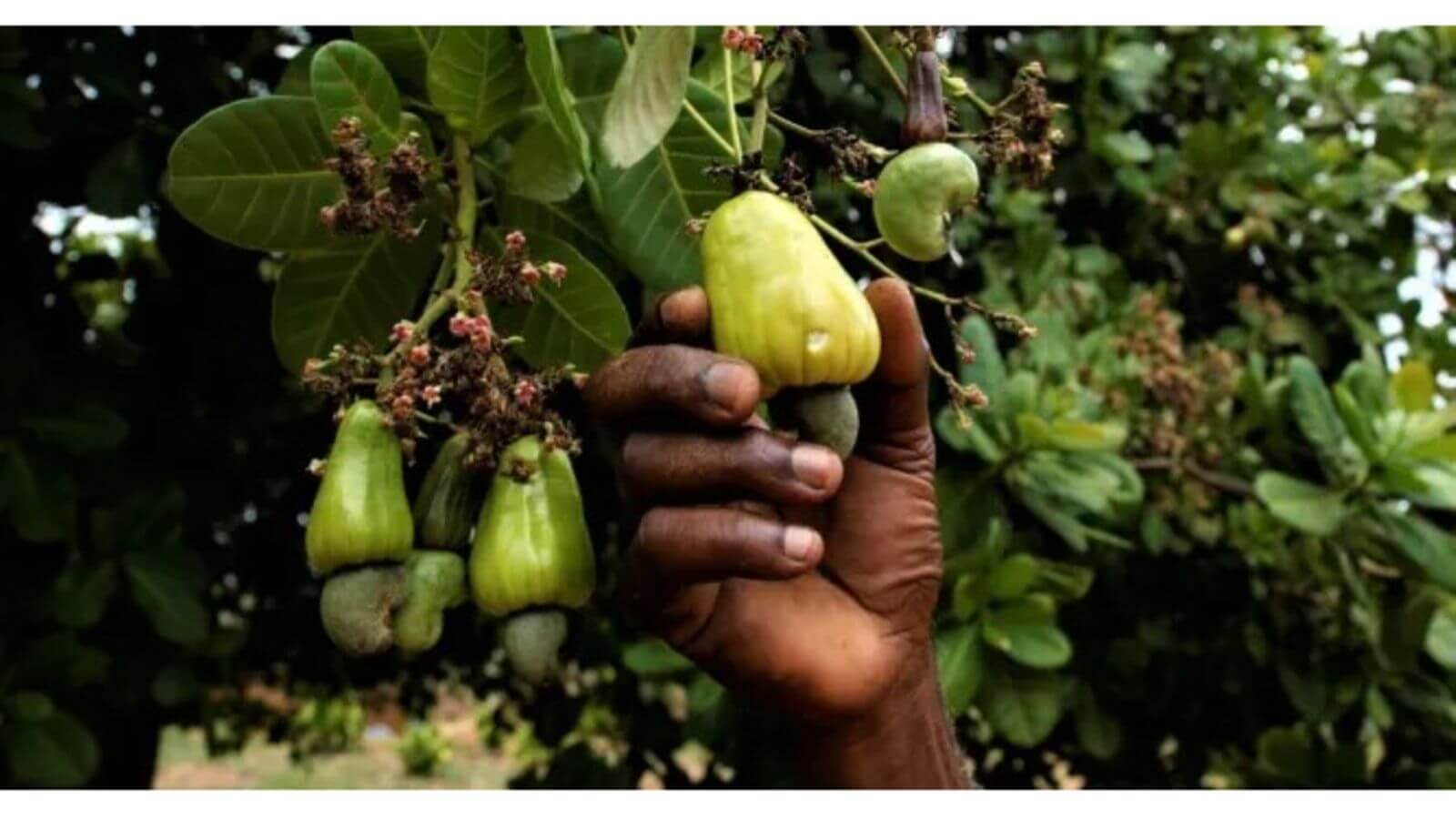
Tanzania has set ambitious strategies in motion to meet its target of producing 400,000 tonnes of cashew nuts in the upcoming 2023/24 season. The Ministry of Agriculture has taken the lead in implementing these strategies, which include early distribution of inputs, farmer training, and encouraging active participation from cashew growers.
One of the primary strategies involves ensuring the timely distribution of inputs to farmers. By adhering to the planting and spraying calendar, the government aims to eliminate the risk of poor yields caused by insufficient input applications. Hussein Bashe, the Agriculture Minister, revealed that the previous season yielded only 182,270.05 tonnes, falling short of the production levels of 240,158 tonnes and 210,786 tonnes recorded in the 2020/21 and 2021/22 seasons respectively. To bridge this gap, the Cashewnut Board of Tanzania (CBT) has been empowered to procure and distribute 49,000 tonnes of powdered sulphur and 3.130 million litres of pesticides.
The CBT has wasted no time in initiating this process. Francis Alfred, the director-general of CBT, confirmed the arrival of 8,000 tonnes of powdered sulphur, one million litres of pesticides, and 5,000 motorized sprayers. These early inputs are expected to significantly improve the prospects of the 2023/24 season. Alfred expressed his optimism, stating that this season would be the first of its kind, with such timely availability of inputs to farmers.
Another critical strategy employed by Tanzania is the training of cashew growers in best agronomic practices. Collaborating with the Tanzania Agriculture Research Institute (TARI), the government plans to provide training to approximately 103,000 farmers and 2,425 extension officers from cashew-growing regions. This comprehensive training program aims to equip farmers with the necessary knowledge and skills to enhance cashew yields. Jahida Hassan Ruangwa, the manager of the Nachingwea and Liwale Cooperative Union (Runali), lauded this initiative, emphasizing that early inputs, coupled with strong extension services, would help farmers achieve their yield targets. It is essential for farmers to understand how to accurately apply farm inputs and implement best farming practices to maximize their potential harvest.
While the government takes the lead in implementing these strategies, it acknowledges the need for support and active participation from farmers. Nurdin Swallah, the manager of the Lindi Mwambao Cooperative Union (LMCU), emphasized that the government alone cannot achieve the set production target. Swallah suggested that farmers should be prepared to contribute their part by procuring the remaining 20 percent of inputs if the government provides 80 percent of subsidized inputs. This cooperative effort is crucial for the success of the cashew industry in Tanzania.
In pursuing these strategies, the government aims to increase the production of raw cashews from 10 kilograms to 35 kilograms per tree. This aligns with the global trend of increasing cashew production, which has risen from an average of 1.4 million tonnes in 2010 to 4.1 million tonnes in 2021. Africa currently accounts for 56 percent of the world’s total cashew production, according to the CBT. However, the majority of raw cashews are processed in India and Vietnam, with those two countries accounting for approximately 90 percent of global production.
Tanzania’s concerted efforts to improve cashew production in the 2023/24 season demonstrate the government’s commitment to enhancing the agricultural sector and supporting cashew farmers. By ensuring early input distribution, providing training programs, and fostering cooperation between the government and farmers, Tanzania is positioning itself to meet its ambitious production targets and further contribute to the global cashew industry.
Stay updated with the latest farming tips and agriculture industry news from Africa by subscribing to our newsletter. Don’t miss out on valuable insights and updates. Follow us on Twitter, LinkedIn, and Facebook to join our farming community and stay connected with us.



















Leave a Reply